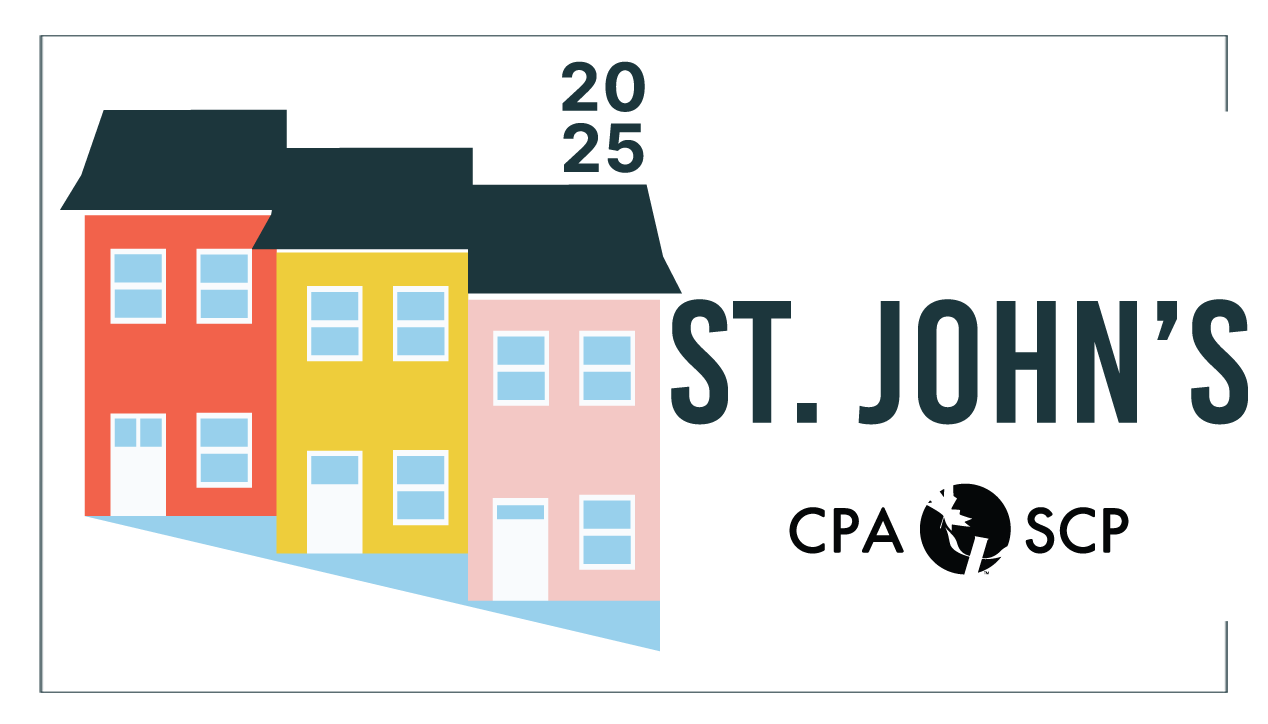First Nations, Inuit, Métis, and other Indigenous communities contend with substantial distress due to their long and ongoing colonial encounters with settler society. Faculty and students see a need to better understand these realities and to develop a greater awareness of the history of the academy in contributing to harm in Indigenous communities. Yet for many Western-trained scholars, the way forward is unclear. In this talk, I will draw on my experience teaching a decolonial perspective in courses on psychological science and provide a space for attendees to develop ideas about incorporating a decolonial perspective in their own classrooms. I will describe the challenges and benefits of incorporating such a perspective and we will spend time considering learning goals, observable outcomes, and assessment strategies in psychology courses. Participants will discuss and reflect on these issues and how they might impact or influence their own decision-making as instructors moving forward. By the end of the session, attendees will have a better sense of the broader value of incorporating a decolonial perspective into their courses, the challenges of designing and implementing such a course, as well as some resources and actionable tasks for getting started.
I am a social psychophysiologist who studies interpersonal interactions. My primary research interests focus on understanding the interpersonal processes that promote and detract from the health and wellbeing of underrepresented groups, with an emphasis on Indigenous people. To target these goals, I use ecologically valid methods (e.g., community-based research, field studies, as well as psychophysiological, dyadic, and group-based designs), advanced statistics (e.g., structural equation modeling, multilevel modelling), and open science practices (e.g., pre-registrations, pre-print, data and code sharing). My aim is to understand the combination of subjective, behavioral, physiological, and social factors that support harmonious interpersonal relationships in diverse societies and to help underrepresented groups live safer, healthier, and happier lives.


Recent Comments